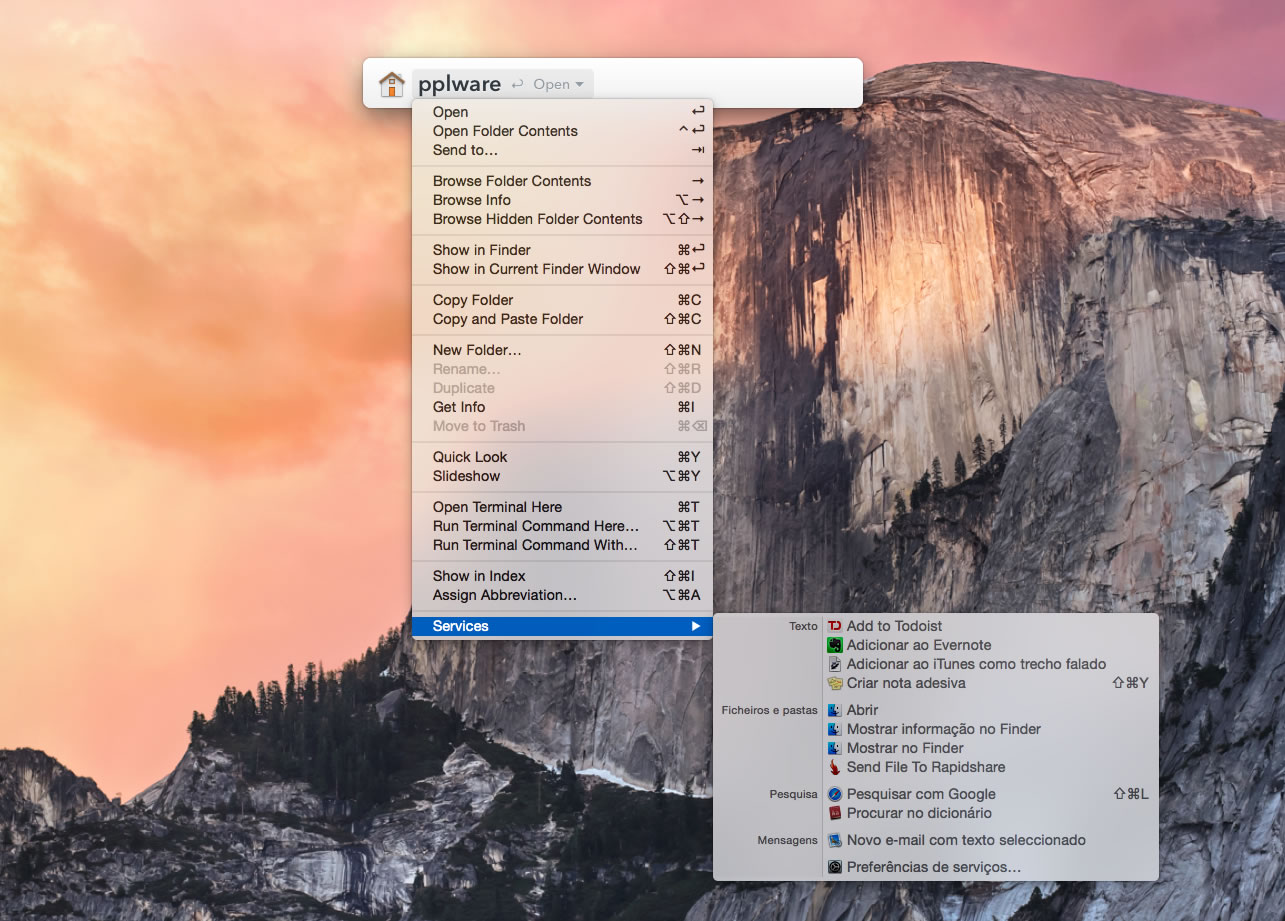
- APPLE JAVA FIX DOWNLOAD MOJAVE MAC OS X
- APPLE JAVA FIX DOWNLOAD MOJAVE INSTALL
- APPLE JAVA FIX DOWNLOAD MOJAVE SOFTWARE
- APPLE JAVA FIX DOWNLOAD MOJAVE FREE
You can follow this article for more details. If your system is configured correctly, you should see that maxfiles has been set to 200000. At this point, you can restart your computer and enter ulimit -n into your terminal. Like the plist files, your bashrc or similar file should have -rw-r-r- permissions. In addition to setting these limits at the system level, we recommend setting the at the session level as well by appending the following lines to your bashrc, bashprofile, or analogous file: ulimit -n 200000 While the steps explained above will cause system-wide open file limits to be correctly set upon restart, you can apply them manually by running launchctl limit. This permissions should be in place by default, but you can ensure that they are in place by running sudo chmod 644. The second plist configuration file should be stored in /Library/LaunchDaemons/ with the following contents: īoth plist files must be owned by root:wheel and have permissions -rw-r-r. This will set the open files limit to 200000. The first is a property list (aka plist) file in /Library/LaunchDaemons/ that contains the following XML configuration:
APPLE JAVA FIX DOWNLOAD MOJAVE MAC OS X
To adjust open files limits on a system-wide basis in Mac OS X Yosemite, you must create two configuration files. The last two columns are the soft and hard limits, respectively. To check the current limits on your Mac OS X system, run: launchctl limit maxfiles Load these new settings: sudo launchctl load -w /Library/LaunchDaemons/įinally, check that the limits are correct: launchctl limit maxfiles
APPLE JAVA FIX DOWNLOAD MOJAVE FREE
It seems like there is an entirely different method for changing the open files limit for each version of OS X!Ĭreate a file at /Library/LaunchDaemons/ and paste the following in (feel free to change the two numbers (which are the soft and hard limits, respectively): Ĭhange the owner of your new file: sudo chown root:wheel /Library/LaunchDaemons/ zshrc or whatever) if you want it to run every time you open a shell. You can add it to your shell configuration file (. That change is also temporary it only lasts for the current shell session. The command for that is: ulimit -S -n 2048 # or whatever number you choose Up this many files are going to be initiated by the shell you’re Once you’ve done this, the kernel itself will have a maximum number ofįiles but the shell might not. Note: In OS X 10.10 or lower, you can add setting in /etc/nf like limit maxfiles and it will override whatever you put here. To make the change permanent, use sudo to put your settings in /etc/nf (which you may have to create), like this: kern.maxfiles=20480
APPLE JAVA FIX DOWNLOAD MOJAVE SOFTWARE
We provide older releases for users who wish to deploy our software on legacy releases of Mac OS X. Older versions of Mac OS X and VLC media player



The last version is 3.0.4 and can be found here. Support for NPAPI plugins was removed from all modern web browsers, so VLC's plugin is no longer maintained.
APPLE JAVA FIX DOWNLOAD MOJAVE INSTALL
You can also choose to install a Universal Binary. If you need help in finding the correct package matching your Mac's processor architecture, please see this official support document by Apple. Note that the first generation of Intel-based Macs equipped with Core Solo or Core Duo processors is no longer supported. Previous devices are supported by older releases. It runs on any Mac with a 64-bit Intel processor or an Apple Silicon chip.

VLC media player requires Mac OS X 10.7.5 or later.


 0 kommentar(er)
0 kommentar(er)
